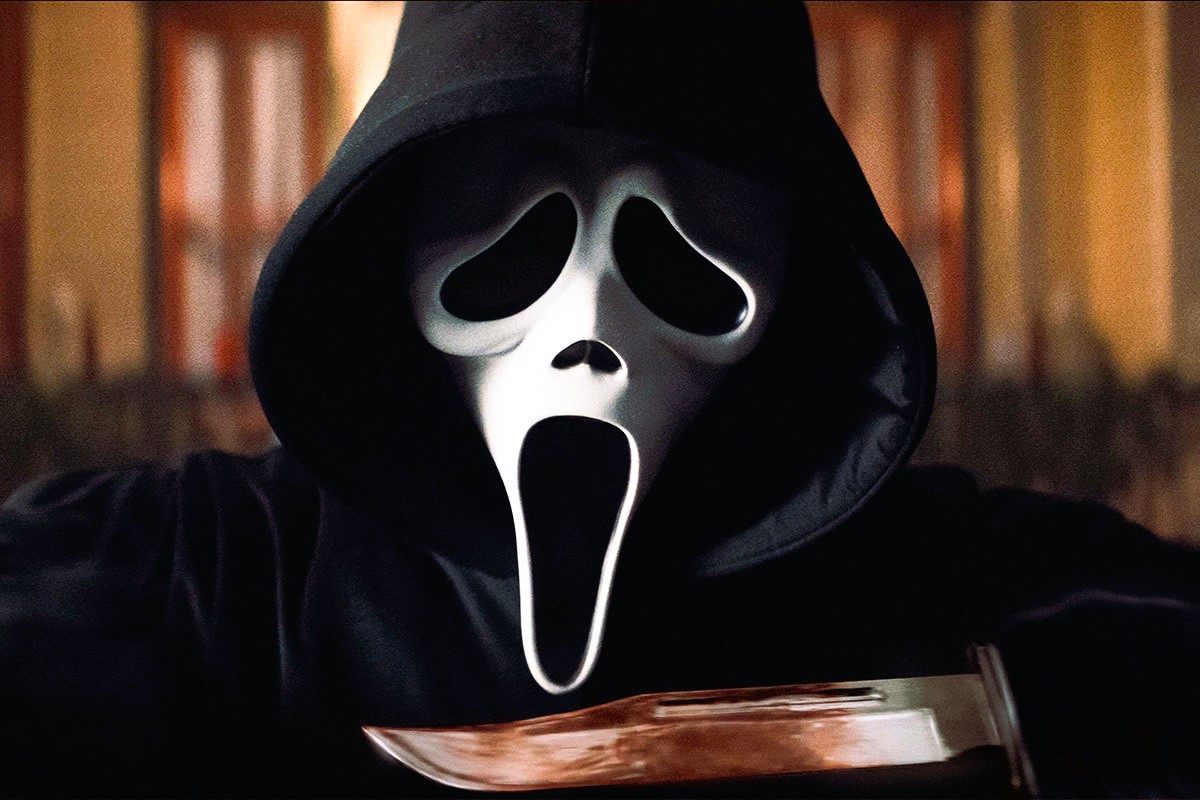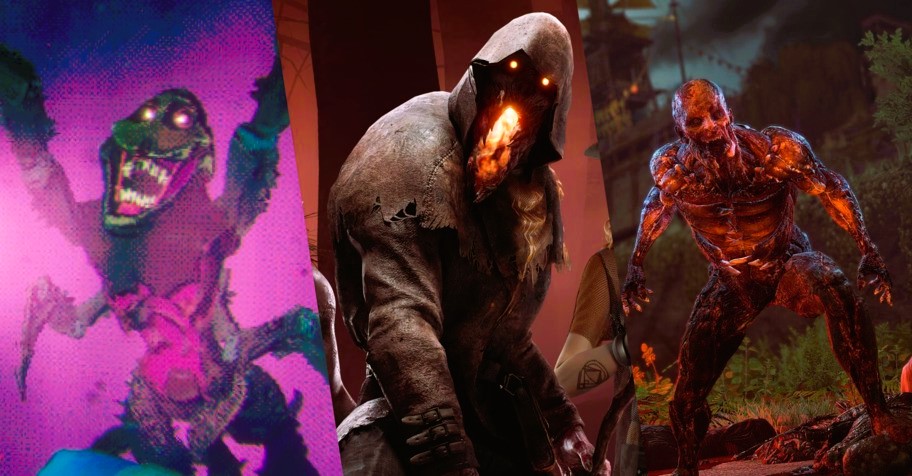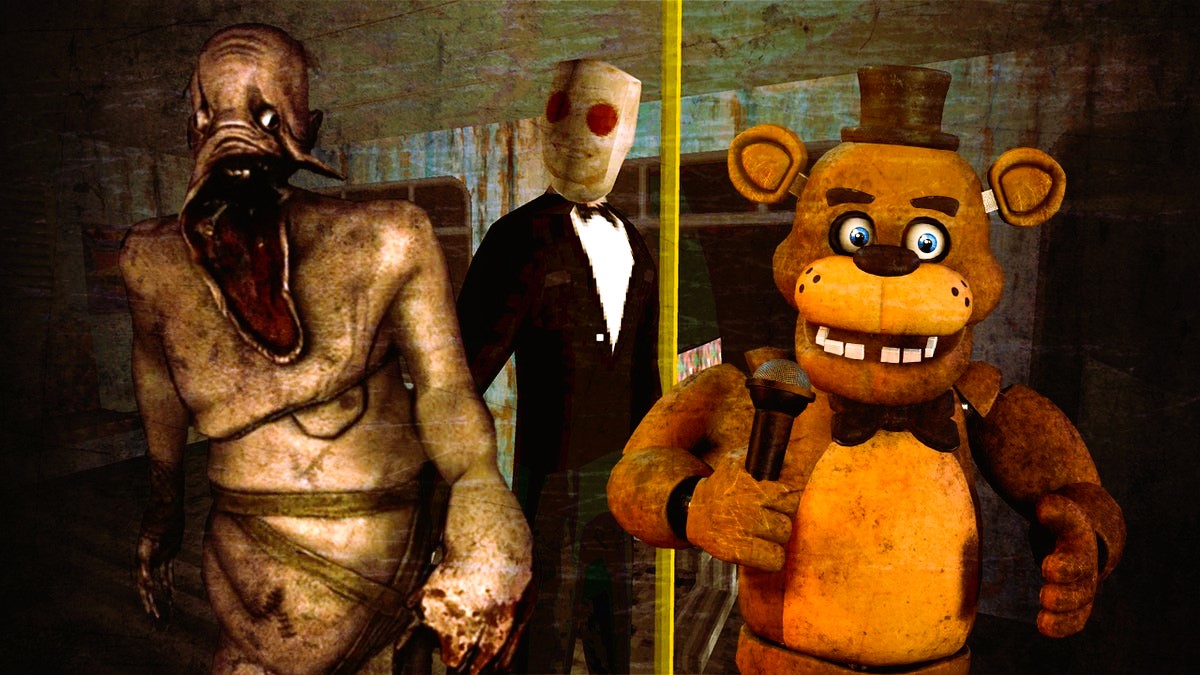Horror movies have captivated audiences for decades, offering spine-chilling thrills and terrifying experiences that paradoxically bring enjoyment. But why do so many people willingly subject themselves to fear-inducing films? From a psychological perspective, the answer lies in a complex interplay of emotions, biological responses, and social factors.
The Thrill of Fear: A Biological Perspective
At its core, fear is a survival mechanism. When we experience fear, our brain releases adrenaline and other stress hormones that heighten our senses, increase heart rate, and prepare us for a fight-or-flight response. This physiological reaction can be exhilarating, leading to a rush of excitement similar to what people feel during extreme sports or roller coasters. The temporary nature of horror films allows viewers to experience this thrill in a safe and controlled environment, knowing that the danger is not real.
Studies suggest that people with high sensation-seeking tendencies are more likely to enjoy horror movies. These individuals crave intense experiences and find pleasure in the heightened arousal that horror films provide. Research conducted in the field of neurobiology has shown that watching a scary movie can trigger the release of dopamine, a neurotransmitter associated with pleasure and reward.
The Psychology of Morbid Curiosity
Another reason people are drawn to horror films is the concept of morbid curiosity—the psychological tendency to be intrigued by dark, disturbing, or forbidden subjects. Horror movies allow viewers to explore fearsome scenarios from a safe distance, satisfying this curiosity without any real-world consequences.
Additionally, horror films often present worst-case scenarios, such as supernatural hauntings, serial killers, or apocalyptic events. Watching these fictionalized horrors may help individuals mentally prepare for real-life dangers. Some psychologists believe that horror movies serve as a form of exposure therapy, desensitizing people to their fears by repeatedly confronting them in a non-threatening setting. The scariest found footage horror movies of all time, more details at this link.
The Social Bonding Effect
Horror films are frequently enjoyed in group settings, and this shared experience can enhance social bonding. The fear response often triggers a need for comfort and connection, leading people to cling to friends, family, or partners while watching a scary movie. This physical closeness and shared emotional experience can strengthen relationships and create lasting memories.
Furthermore, horror movies provide an opportunity to demonstrate bravery. Some individuals enjoy watching horror films to prove their fearlessness, whether to themselves or to others. This can be particularly prevalent among teenagers and young adults, who may use horror movies as a social challenge.
Catharsis: Emotional Release Through Fear

Another psychological theory explaining the appeal of horror films is catharsis—the process of releasing pent-up emotions through an external medium. Horror movies allow viewers to experience fear, anxiety, and stress in a controlled way, providing an emotional purge that can be deeply satisfying.
For some, horror films serve as a means of confronting personal fears indirectly. Those who struggle with anxiety may find comfort in horror films because they provide a structured narrative where fear is experienced but ultimately resolved. This sense of closure can be reassuring, offering a contrast to real-world fears that may seem unpredictable and unresolved.
Cultural and Personal Factors
Cultural influences also play a significant role in shaping horror movie preferences. Different societies have unique horror traditions based on folklore, historical events, and collective fears. For example, Japanese horror films often focus on vengeful spirits and psychological dread, while American horror tends to emphasize serial killers, zombies, and supernatural threats.
On an individual level, a person’s upbringing, personality, and past experiences all contribute to their relationship with horror films. Some people grow up watching horror with family members and develop a nostalgic connection to the genre, while others might be drawn to the intellectual challenge of analyzing horror tropes and symbolism.
The love for horror movies is deeply rooted in human psychology. Whether driven by biological reactions, morbid curiosity, social dynamics, or the need for emotional release, horror films provide a unique and thrilling form of entertainment. The ability to experience fear in a safe, controlled environment allows viewers to confront their anxieties, bond with others, and even find joy in the macabre. As long as the human mind continues to seek out excitement and mystery, horror movies will remain a beloved genre in cinema.
For more information on horror psychology, visit Wikipedia.




